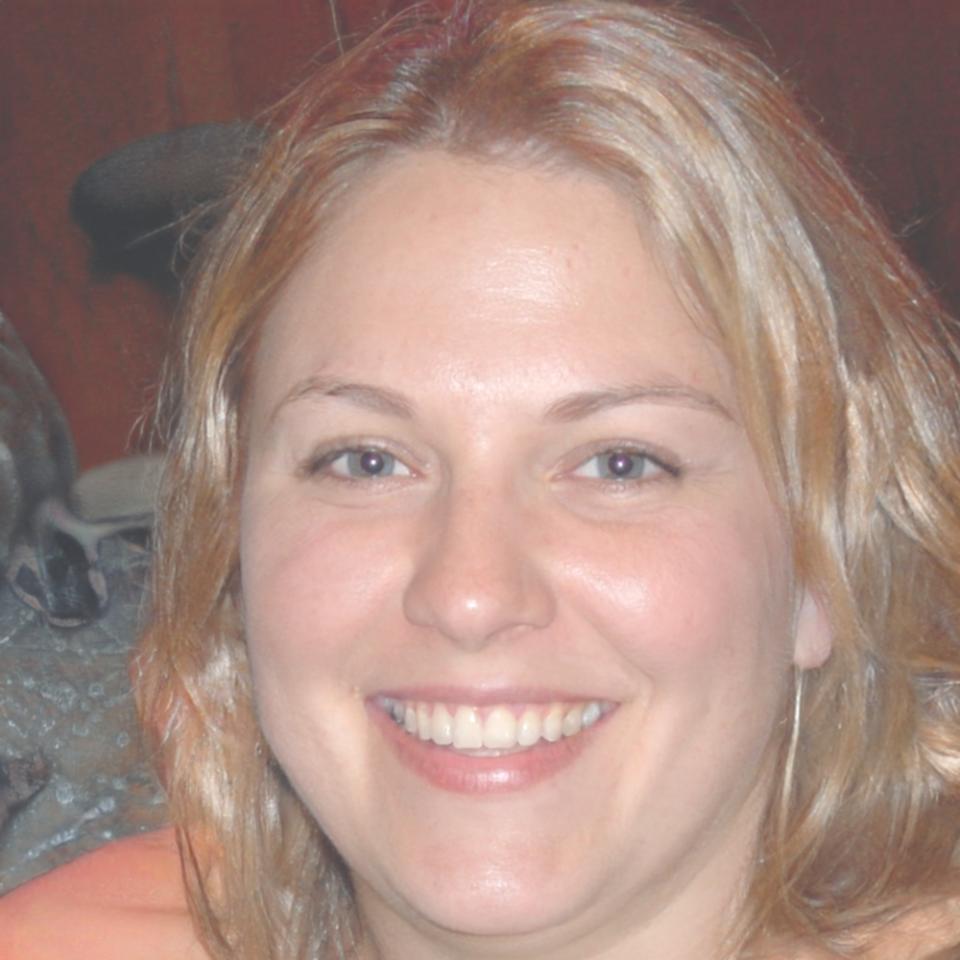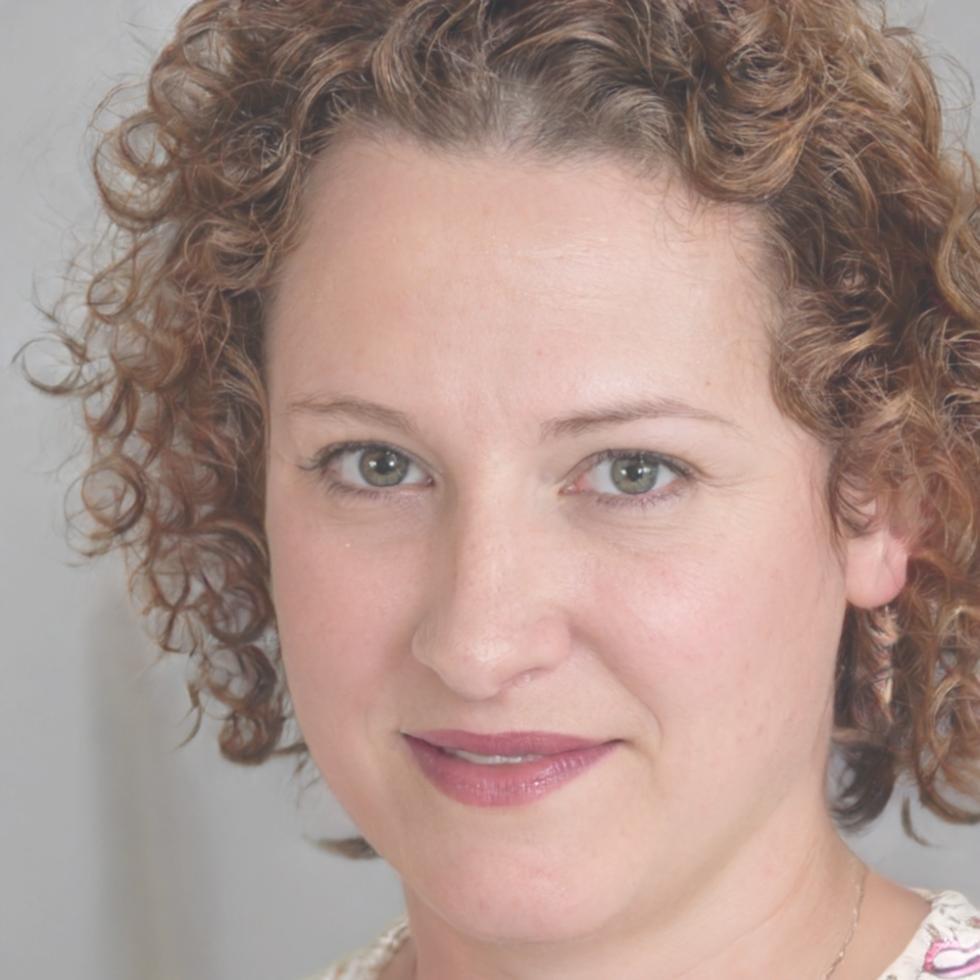Build Real Financial Skills for Event Investment
Most people think event investment is about luck or knowing the right people. That's not entirely wrong—but there's a systematic approach that changes everything. Our September 2025 cohort focuses on building practical analysis frameworks you'll actually use.
Request Information
What You'll Actually Learn
Real skills that translate to better decision-making, not theory that sits on a shelf.
Risk Assessment
Understanding how to evaluate event opportunities without the hype.
- Market volatility patterns
- Historical performance analysis
- Portfolio diversification strategies
- Seasonal trend identification
Financial Modeling
Build spreadsheets that actually predict outcomes with reasonable accuracy.
- Revenue projection frameworks
- Cost structure breakdowns
- Scenario planning tools
- Break-even calculations
Due Diligence
The boring stuff that saves you from expensive mistakes.
- Document verification processes
- Vendor background checks
- Contract analysis basics
- Red flag identification
Learn From People Who've Done This
Our instructors aren't just academics. They've invested in festivals, conferences, and sporting events—and they've made both smart moves and costly mistakes they'll share with you.

Jorvik Lindemann
Former investment manager who specialized in Canadian music festival portfolios. Now teaches the systematic approach he wishes someone had taught him fifteen years ago.

Saskia Fenwold
Spent eight years analyzing sporting event investments across Western Canada. Her case studies come from actual deals she evaluated—including the ones she recommended walking away from.
Why This Matters
Event investment isn't like stock trading. The dynamics are completely different. Timing, local market knowledge, and understanding human behavior patterns all play huge roles.
You can't learn this from a textbook alone. You need frameworks tested in real situations—the kind where someone's reputation and capital were on the line.
Program Timeline
Twelve weeks starting September 2025. Classes run Tuesday and Thursday evenings, 6:30-9:00 PM Mountain Time.
Foundation Building
Event investment fundamentals, financial statement analysis, and market research methods. This is where we establish the baseline knowledge everyone needs before diving into complex scenarios.
Practical Application
Working with real case studies from 2023-2024. You'll analyze actual event opportunities, build financial models, and present investment recommendations to the cohort for peer review and instructor feedback.
Portfolio Strategy
Creating diversified event investment portfolios, managing risk across multiple opportunities, and understanding how different event types perform in various economic conditions.
Capstone Project
You'll present a complete investment analysis for an upcoming 2026 event opportunity. This becomes part of your professional portfolio and demonstrates your capability to potential employers or partners.
What Past Participants Say
I came in thinking I understood event investment because I'd been to a lot of conferences. Turns out I didn't know much at all. The financial modeling section alone was worth the entire program fee.
The instructors were brutally honest about which opportunities to avoid. That perspective is rare. Most people only want to talk about their successes, but learning from failures is where the real value lives.


